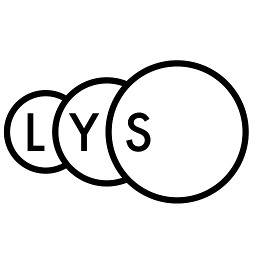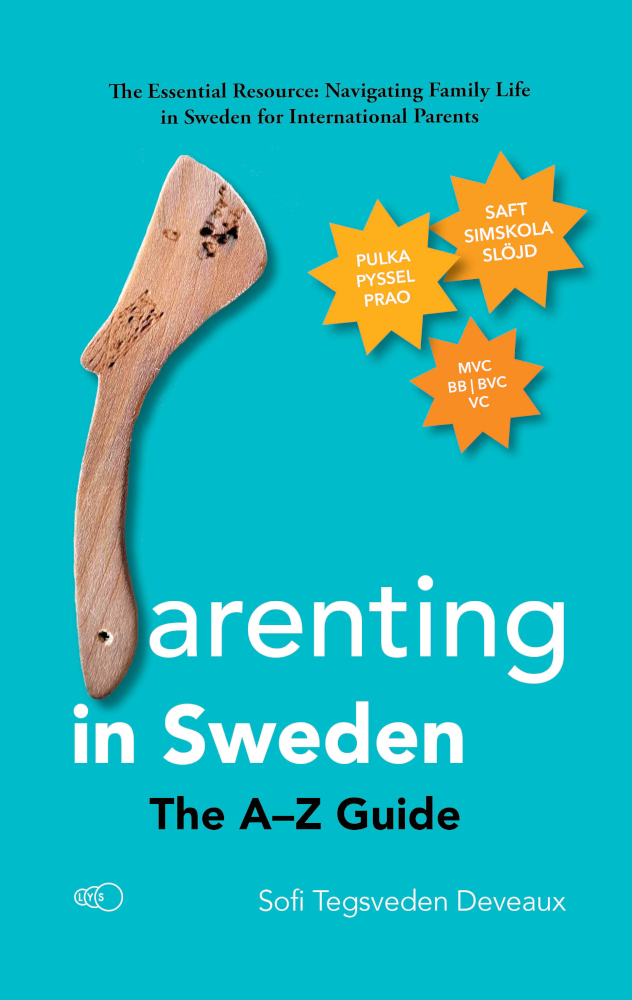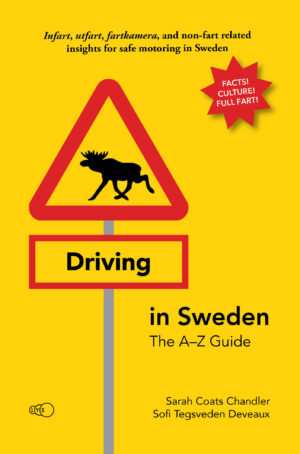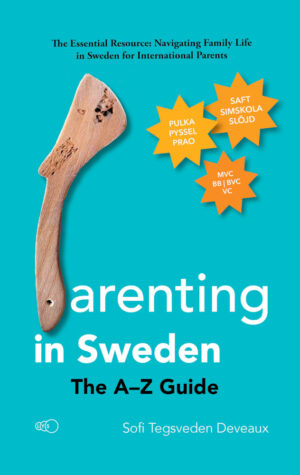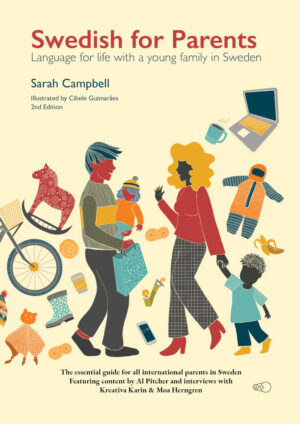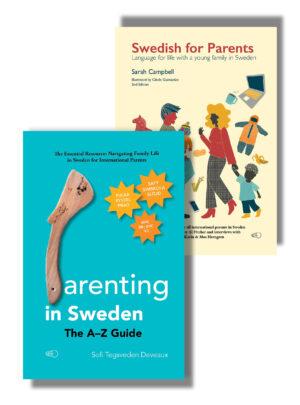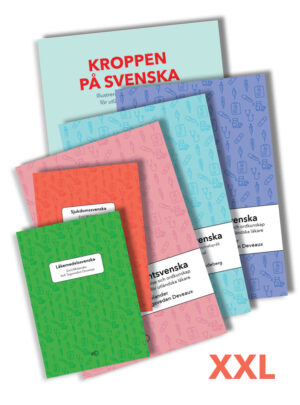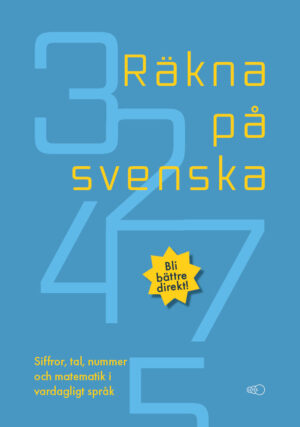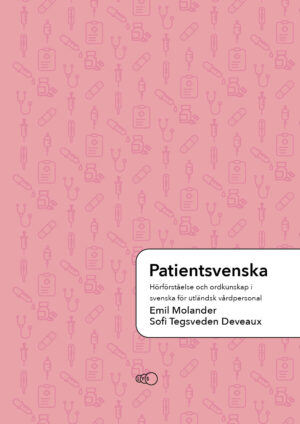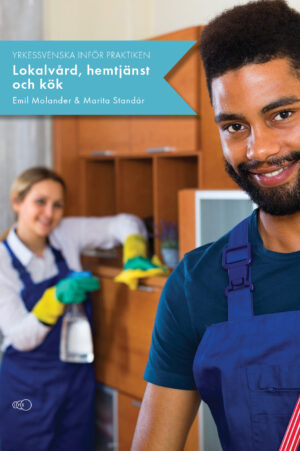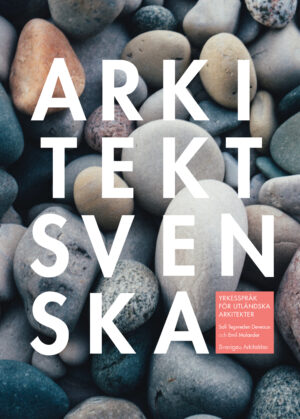A false friend is a word that looks identical or similar to a word in another language, tricking the learner to believe they understand the meaning of this word. Listed below are ten Swedish words, related to children and family life, that may cause some confusion for English speakers.
Diplom
As your child has run a lopp (‘race’) or completed their simskola (‘swimming classes’), they are likely to be presented with a diplom. They might get excited, but you as a parent shouldn’t − it’s not a diploma, but a certificate that carries no official weight.
The Swedish word for ‘diploma’ or ‘degree’ is, in fact…
Examen
Yes, you read that right. Examen is Swedish for diploma or degree. Meaning that it’s not an exam!
The word for ‘exam’ is prov (in school) or tenta (at university). It’s good to know that these are not considered as important as in many other countries. If your child is looking for high grades, they will need to show their knowledge in several situations, such as essays, group projects and participation in class.
Kinkig
This is a word many Swedes get wrong, telling their English-speaking friends that their child is kinky today. But relaxed, kinkig certainly doesn’t mean ‘kinky’, it’s Swedish for ‘fussy’, ‘petulant’, or ‘testing..
Saga
The Swedish word saga refers to a ‘story’ or a ‘children’s book’. Sagostund stands for story time, and godnattsaga for ‘bedtime story’. It is also a fairly common girl’s first name.
Pant
When it comes to clothing covering the lower part of the body, the English language has plenty of words and opportunities for misunderstanding. Thankfully, Swedish is much less intricate. Kjol stands for ‘skirt’, and byxor for ‘pants’, or ‘trousers’.
The Swedish word pant, however, stands for something completely different: ‘deposit-refund system for bottles and cans’ (also known as ‘bottle bill’). The concept is easy: you deposit used bottles and get a receipt that you can cash out or use to purchase something in the nearby supermarket. Children aged 10-ish love this, and embark on money-making schemes, that may or may not involve going through public litter bins.
Expedition
Say you’re visiting your child’s school, and you have an administrative question. You feel a bit lost, but ask a teacher you meet in the corridor. They are likely to refer you to The Expedition. That sounds exciting, doesn’t it? Perhaps this boring Tuesday will turn into a trip to the North Pole! But no. Although the Swedish word expedition can refer to a journey undertaken by a group of people with a particular purpose, especially that of exploration, research, or war, it can also mean a ‘reception’ or ‘school office’. That’s where you’re heading!
Student
The Swedish word student may, as expected, refer to a ‘student’, but it can also refer to a gymnasium graduate, someone who is about to graduate from high school. Further, it is the name of graduation day. Att ta studenten, ‘to take the student’, refers to graduating from gymnasiet.
A schoolchild is an elev, a ‘pupil’, and this is a word you’ll see in compounds such as elevhälsa and elevråd. (If you are curious about these words, ‘pupil health’ and ‘pupil council’, you should read the book Parenting in Sweden)
Babysitter
This is an example of an English word that has got a new meaning when entering Swedish. If a Swede tells you they will put their baby in the babysitter, they are not talking about a person taking care of their child. Instead, the Swedish word babysitter refers to a ‘baby bouncer’ or a ‘bouncer seat’. This piece of equipment will never replace a human, but just like a babysitter (person), they will certainly bring comfort to your child and make your own existence a little more bearable.
Semester
The Swedish word for ‘semester’ or ‘term’ is termin. There are two terminer each academic year: höstterminen (often abbreviated HT) lasting from mid August to late December, and vårterminen (VT) lasting from early January to mid June.
These are separated by the two biggest lov (‘school holidays’), sommarlov (‘summer holiday’) and jullov (‘Christmas holiday’). There are also some one-week holidays to keep track of: höstlov (‘autumn holiday’), sportlov (‘winter holiday’), and påsklov (‘Easter holiday’).
If you are employed, though, your holidays (from work) are not called lov, but semester.
Impregnera
If you are lucky, you will have a Swedish friend or family member telling you to impregnate your children’s shoes and boots. This is, in fact, great advice, although the wording may be a bit surprising. The Swedish verb impregnera refers to waterproofing shoes, boots or outerwear by spraying them with a protective coating called impregneringsspray. This is a good way to make sure your child will stay warm and dry, even on wet and miserable days. And remember that if your child is in Swedish förskola or school, they will spend several hours outside every day, regardless of the weather.
Swedes speak great English, but…
- English is not recognised as an official language in Sweden.
- although many Swedes feel fairly confident speaking about simple, everyday matters, they may lack the vocabulary and nuance to talk about more technical or advanced matters.
- you have no “right” to demand that teachers, doctors, or representatives for public authorities speak English to you, but if you ask kindly, most individuals will accommodate for your needs.
- most Swedish people prefer to socialise in Swedish, as they are able to fully express themselves in their native language.
- you can expect all communication from förskola or school to be in Swedish, so make sure you use a good translation service in order not to miss out on any news.
Want to learn more Swedish words like this? Check out our new book, Parenting in Sweden, a comprehensive resource for any international family residing in Sweden or planning to move here.
